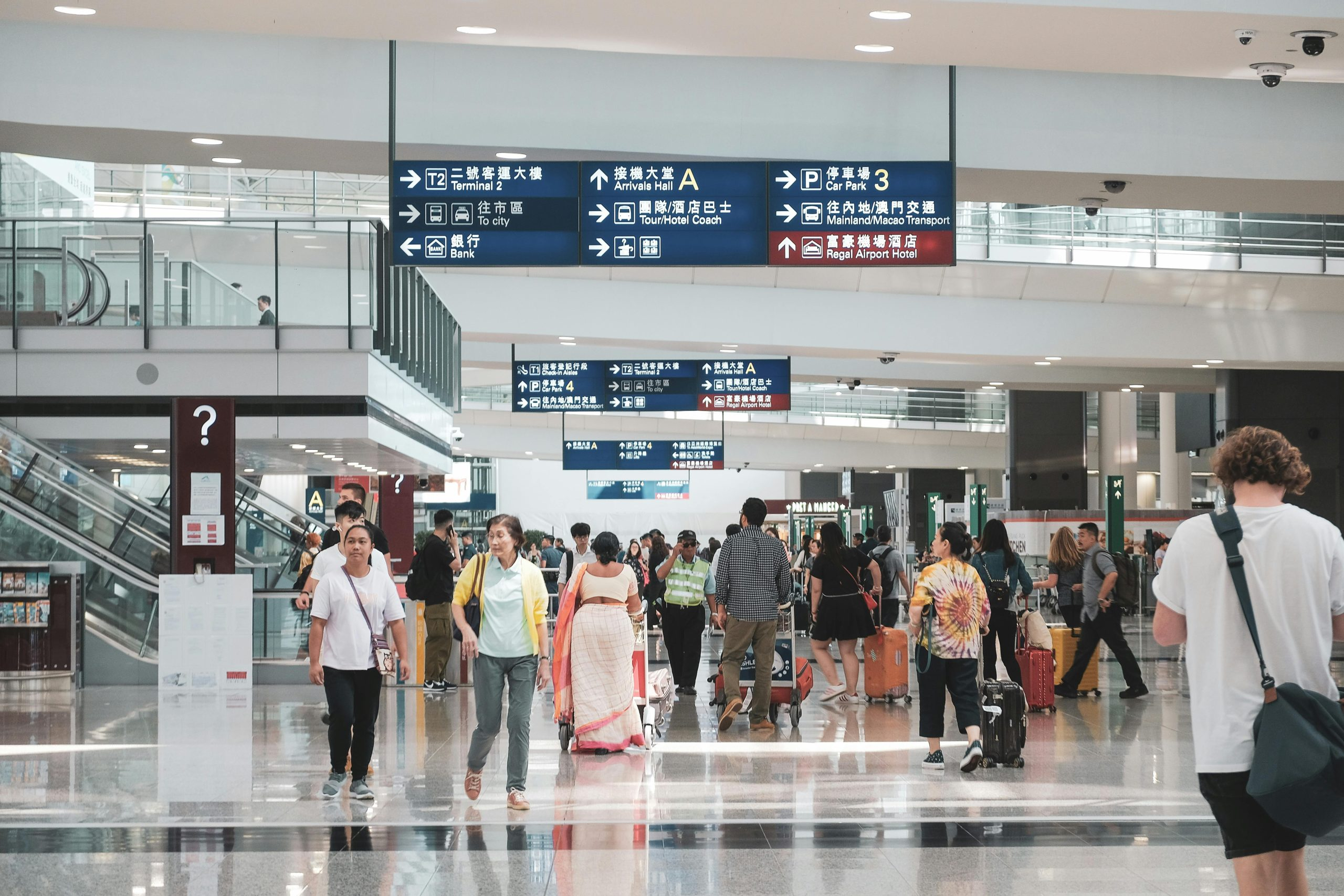Navigating Cultural Etiquette: Essential Communication Skills for Global Travelers
Traveling to different parts of the world can be an exciting and enriching experience. However, it’s important to remember that each country has its own unique culture and social norms. As a global traveler, it’s essential to be well-versed in cultural etiquette in order to avoid any misunderstandings or unintentional offense. Developing strong communication skills will not only enhance your travel experience, but also leave a positive impression on the locals. In this article, we will discuss the essential communication skills necessary for navigating cultural etiquette as a global traveler.
The Importance of Cultural Etiquette
Cultural etiquette refers to the customs, behaviors, and social norms of a particular culture. These can vary greatly from country to country, and even within different regions of the same country. Engaging in cultural etiquette allows you to show respect and appreciation for the culture you are visiting, and can help bridge any cultural gaps or barriers.
Research Before You Go
Before embarking on your journey, take the time to research the country and culture you will be visiting. Familiarize yourself with their customs, traditions, and social norms. This will not only help you avoid any unintentional faux pas, but also allow you to better understand and appreciate the culture.
Knowing the basic greeting and communication styles is a good starting point. For example, in some cultures, it is customary to greet someone with a kiss on the cheek, while in others, a simple handshake is more appropriate. Understanding these subtle differences can go a long way in building relationships with locals.
Be Respectful and Observant
Respect is key when it comes to cultural etiquette. It’s important to be aware of your actions and how they may be perceived by others. This includes being mindful of your body language, tone of voice, and choice of words. For example, in some cultures, direct eye contact is seen as a sign of confidence and respect, while in others it may be seen as confrontational.
When in doubt, observe and follow the lead of those around you. Pay attention to the actions and behaviors of locals and adjust accordingly. This shows that you are making an effort to understand and respect their culture.
Be Open-minded and Flexible
Traveling to a new country means encountering new cultural practices and beliefs. It’s important to keep an open mind and be willing to adapt to new ways of doing things. Avoid making comparisons to your own culture and try to see things from the perspective of the locals.
Flexibility is also key in navigating cultural etiquette. The way things are done in your own country may not always be the same in other cultures. Embrace these differences and be open to trying new things. This will not only make your travel experience more enjoyable, but also allow you to learn and grow as an individual.
Verbal and Non-verbal Communication
Communication is a vital part of any culture. As a global traveler, it’s important to be mindful of both verbal and non-verbal communication. In some cultures, the use of certain hand gestures or facial expressions may have different meanings than what you are used to. It’s always best to err on the side of caution and avoid any gestures that could potentially be seen as offensive.
In addition, be mindful of your speaking volume and tone. Some cultures value a more reserved and soft-spoken communication style, while others may prefer a more direct and assertive approach. Pay attention to the communication style of those around you and adapt accordingly.
Language Barriers
Language barriers can often be a challenge when traveling to a foreign country. However, it’s important to remember that communication goes beyond just words. Even if you are not fluent in the local language, making an effort to learn a few key phrases can go a long way in building relationships with the locals.
Non-verbal communication, such as using hand gestures or pointing to objects, can also be effective forms of communication when language is a barrier. Be patient and try to find creative ways to communicate with others.
Conclusion
Navigating cultural etiquette as a global traveler can be challenging, but it is essential for a fulfilling and meaningful travel experience. Doing your research before traveling, being respectful and observant, and being open-minded and flexible are all key aspects of effectively communicating with different cultures. By developing these essential communication skills, you will not only enhance your travel experience, but also leave a positive and lasting impression on the locals you encounter.











